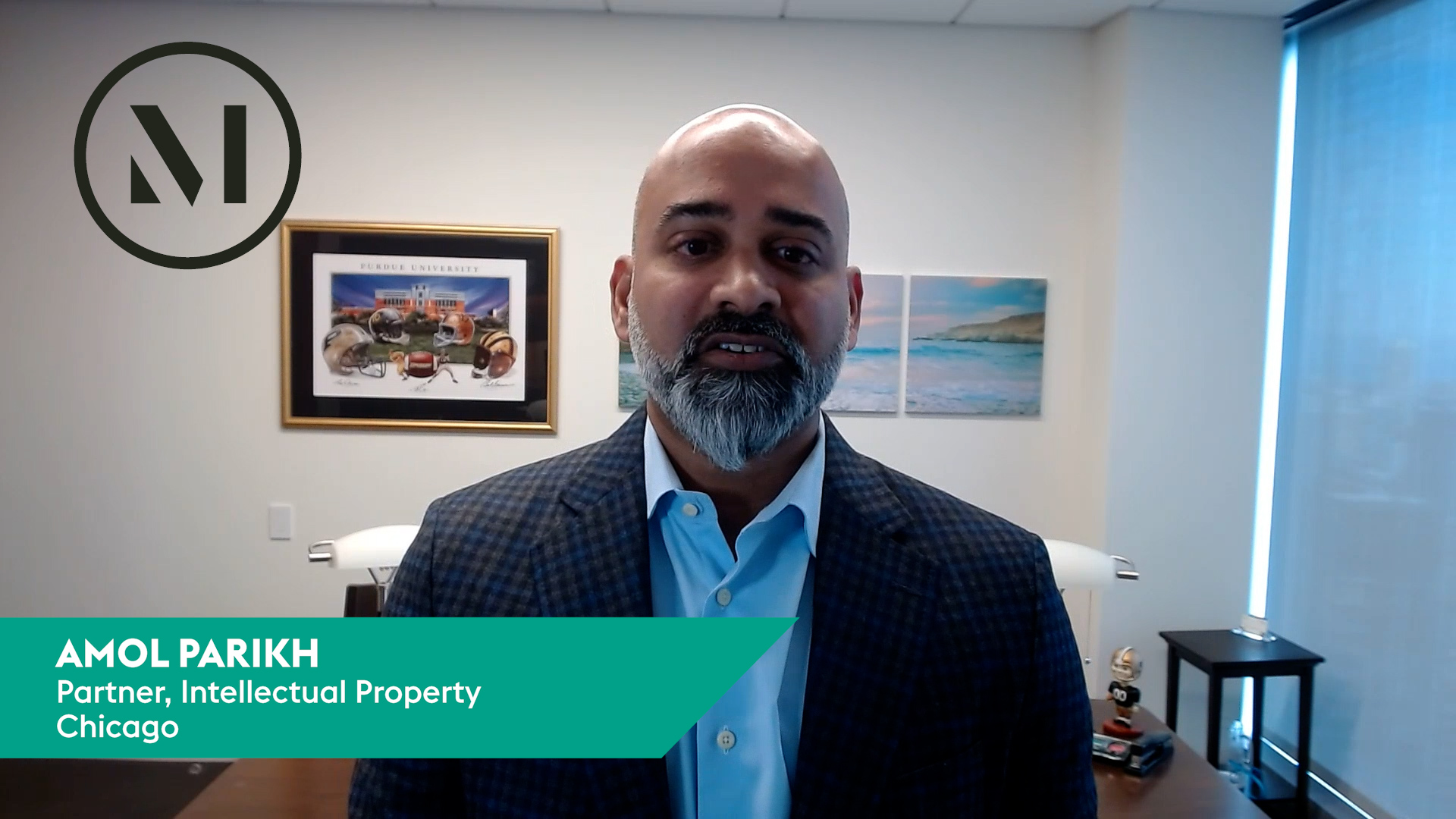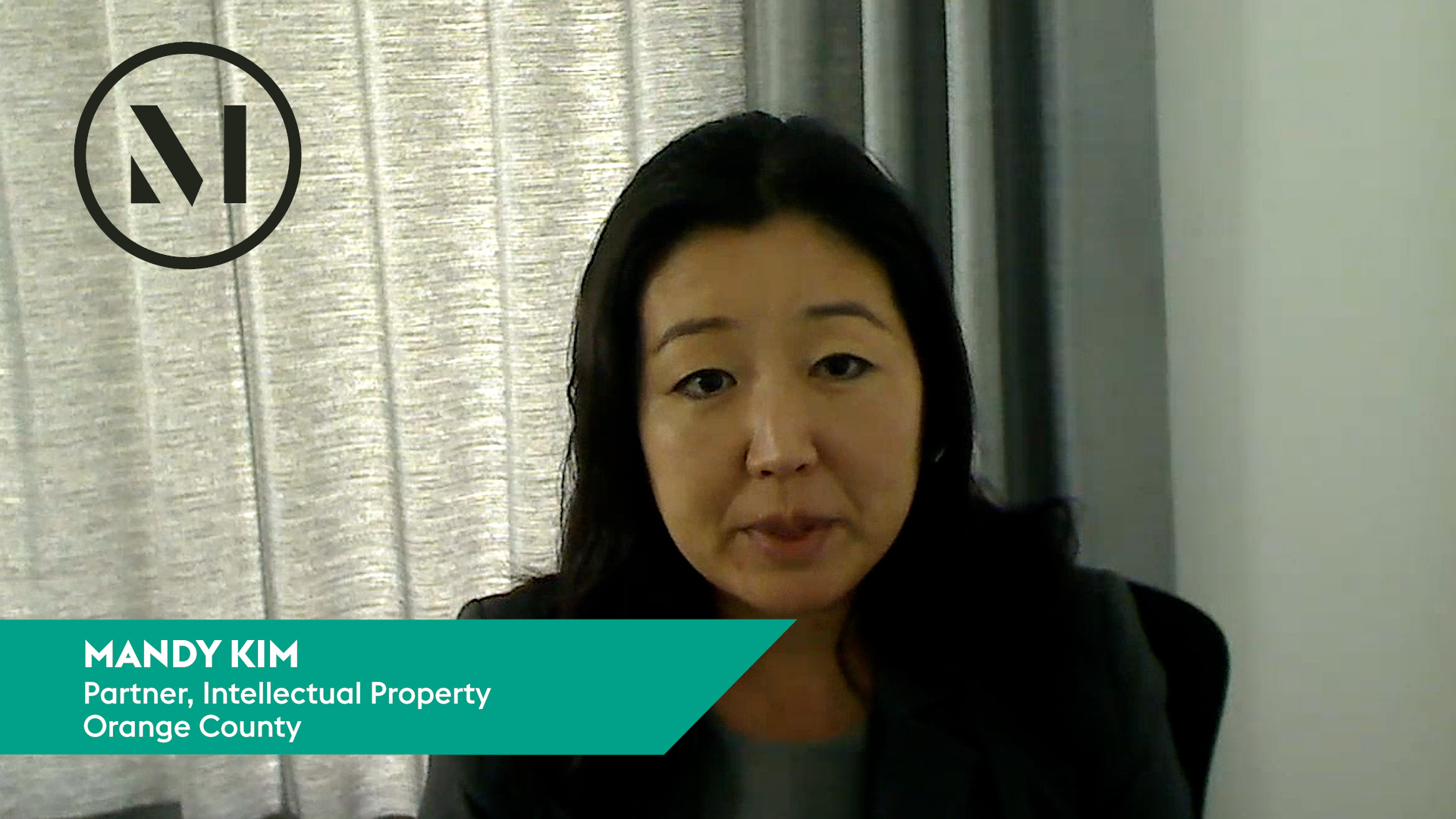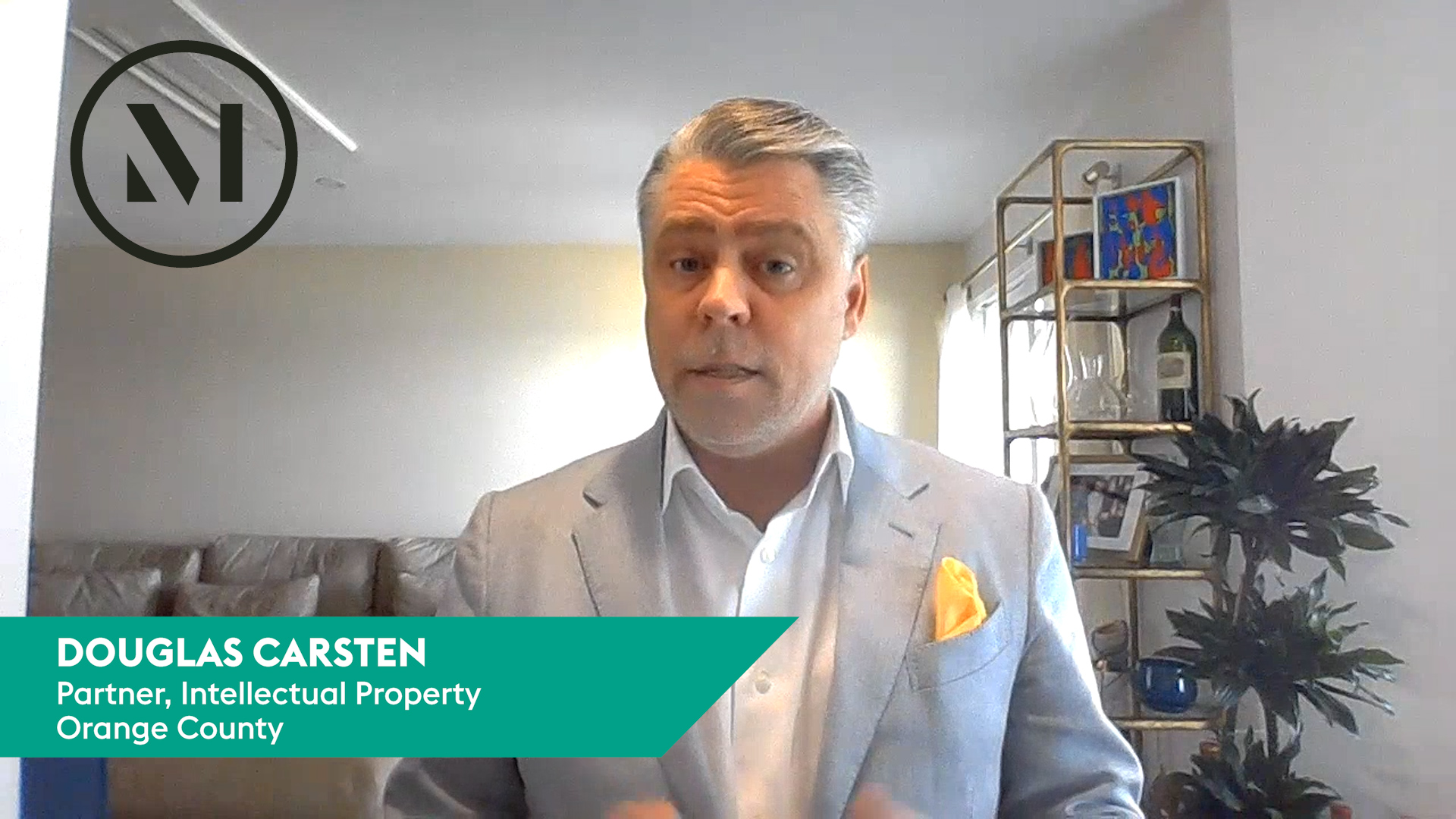The US Court of Appeals for the Ninth Circuit found that liability under the Copyright Act and liability under the Lanham Act are not mutually exclusive and that liability under the Copyright Act does not negate trade dress damages under the Lanham Act. Jason Scott Collection, Inc. v. Trendily Furniture, LLC, Case No. 21-16978 (9th Cir. May 30, 2023) (Wardlaw, Bumatay, Schreier (sitting by designation), JJ.)
Jason Scott Collection (JSC) and Trendily Furniture are high-end furniture manufacturers that sell their products in the Texas market. In 2016, Trendily intentionally copied three unique furniture designs by JSC and sold them to Texas retailers. Both collections featured heavy carved wood pieces with detailed embellishments and metal elements. The record showed that Trendily’s collection had been based on photographs of the preexisting JSC collection. The Trendily pieces were so similar that even JSC had initially mistaken the furniture as its own when confronted by a retailer. After JSC filed suit, the district court granted summary judgment to JSC on its copyright claim. Following a bench trial, the district court held Trendily liable on the trade dress claim. On that claim, the district court awarded almost $133,000 in prospective lost annual profits over a period of three years, which amounted to about six times the almost $20,000 in retrospective gross profits awarded on JSC’s copyright claim. Trendily appealed.
To obtain a judgment for trade dress infringement, a plaintiff must prove that the claimed trade dress is nonfunctional, the claimed trade dress serves a source-identifying role because it is either inherently distinctive or has acquired a secondary meaning and the defendant’s product creates a likelihood of confusion. Trendily argued that JSC had not adequately established a secondary meaning (for trade dress the parties stipulated was not inherently distinctive) or likelihood of confusion. The Ninth Circuit, however, found that the district court found adequate evidence of secondary meaning through copying and through confusion by retailers and consumers in the high-end furniture market. The Ninth Circuit also found that the district court had correctly found likelihood of confusion, putting special emphasis on Trendily’s intentional and precise copying of the JSC pieces leading to retailer confusion.
Turning to the damages award, Trendily argued that because copying is a commercially acceptable and necessary act in terms of competition, Trendily should only be held liable under the Copyright Act, rather than for trade dress infringement under the Lanham Act. However, the Ninth Circuit affirmed that liability under the Copyright Act and liability under the Lanham Act are not mutually exclusive and that liability under the Copyright Act did not negate the judgment against Trendily for trade dress damages under the Lanham Act. The Court then affirmed the trade dress damages award, finding that the prospective damages incurred when one of JSC’s business relationships fell apart because of Trendily’s copied furniture were reasonably foreseeable and had been “satisfactorily demonstrated.” The Court emphasized that the law only required “crude measures of damages in cases of intentional infringement.”
Finally, the Ninth Circuit affirmed [...]
Continue Reading
read more

 Subscribe
Subscribe





